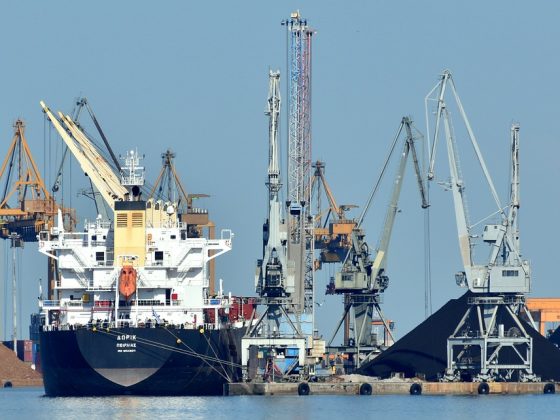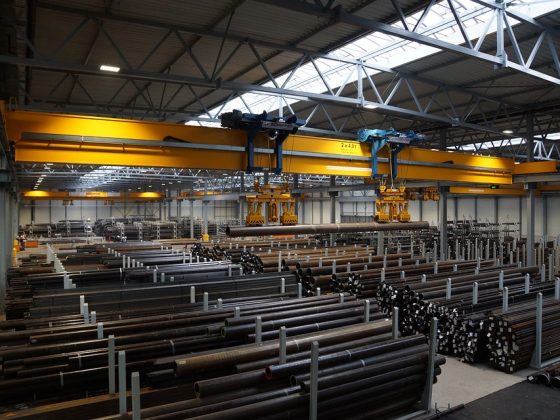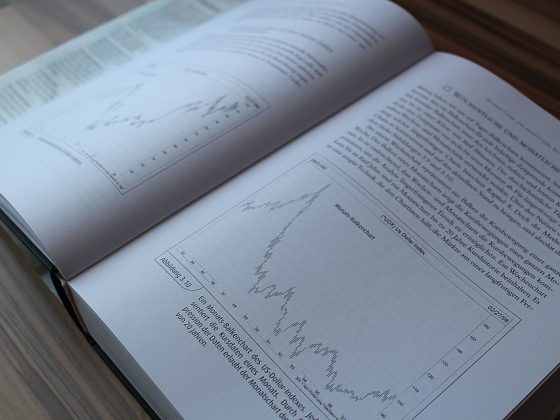Financial resilience is the ability to withstand and recover from financial setbacks and emergencies. It is about building a strong foundation that can support your long-term economic stability. In today's unpredictable economic climate, having financial resilience is more important than ever.
Building financial resilience requires a combination of practical strategies, financial literacy, and mindset shifts. It is not just about having money saved up for emergencies, but also about developing a mindset that can help you navigate the ups and downs of the economy. In this article, we will explore how you can build financial resilience and create a strong foundation for long-term economic stability.
1. Budgeting and saving: One of the fundamental principles of financial resilience is creating a budget and sticking to it. A budget helps you track your expenses, identify areas where you can cut costs, and prioritize your spending. By creating a budget that aligns with your financial goals, you can make sure that you have enough money saved up for emergencies and unexpected expenses.
Saving is another key component of building financial resilience. Whether it's setting aside a portion of your paycheck each month or automating your savings, having a buffer of cash can help you weather financial storms. Aim to save at least three to six months' worth of living expenses in an emergency fund. This will give you the peace of mind knowing that you have a financial cushion to fall back on in times of need.
2. Managing debt: Debt can be a major obstacle to financial resilience. High-interest debt can eat into your income and make it harder to save for emergencies. If you have debt, focus on paying it off as quickly as possible. Start with high-interest debts like credit cards and personal loans, and work your way down to lower-interest debts like student loans and mortgages.
Consider consolidating your debts or negotiating with your creditors to lower your interest rates. Refinancing your loans can also help you save money on interest payments. By managing your debt effectively, you can free up more money for savings and investments, and reduce your financial stress.
3. Diversifying your income: Relying solely on one source of income can leave you vulnerable to unexpected job losses or income reductions. To build financial resilience, consider diversifying your income streams. This could involve taking on a side hustle, freelancing, renting out a spare room, or investing in stocks and bonds.
Having multiple sources of income can help you build a steady stream of cash flow, even when one source of income dries up. It can also provide you with a sense of financial security and independence. By diversifying your income, you can protect yourself from economic downturns and improve your financial resilience.
4. Investing for the long term: Building financial resilience is not just about saving money; it's also about investing for the long term. Investing can help you grow your wealth and protect it from inflation. Whether you're investing in stocks, bonds, real estate, or retirement accounts, having a diversified investment portfolio can help you weather financial uncertainties.
Consider working with a financial advisor to create an investment strategy that aligns with your financial goals and risk tolerance. By investing for the long term, you can build wealth over time and create a strong foundation for long-term economic stability.
5. Seeking financial education and support: Building financial resilience requires knowledge and skills. By educating yourself about personal finance, investing, and budgeting, you can make informed decisions that will benefit you in the long run. Consider taking financial literacy courses, reading books on personal finance, or attending workshops and seminars on financial topics.
Additionally, seek support from financial professionals, such as financial advisors, accountants, and estate planners. These experts can help you create a comprehensive financial plan, optimize your investments, and navigate complex financial situations. By seeking financial education and support, you can build a strong foundation for long-term economic stability.
Financial Resilience FAQs:
1. What is financial resilience?
Financial resilience is the ability to withstand and recover from financial setbacks and emergencies. It involves creating a strong foundation that can support your long-term economic stability.
2. How can I build financial resilience?
You can build financial resilience by creating a budget, saving money, managing debt, diversifying your income, investing for the long term, and seeking financial education and support.
3. Why is financial resilience important?
Financial resilience is important because it can help you navigate economic uncertainties, protect your wealth, and achieve long-term financial stability. By building financial resilience, you can weather financial storms and achieve your financial goals.
4. How can I protect my financial resilience?
To protect your financial resilience, make sure to regularly review and update your financial plan, monitor your investments, and stay informed about economic trends. By staying proactive and adaptable, you can protect your financial resilience in the long run.
In conclusion, building financial resilience is essential for creating a strong foundation for long-term economic stability. By implementing practical strategies, developing financial literacy, and adopting a mindset of resilience, you can protect yourself from financial setbacks and achieve your financial goals. Remember to budget, save, manage debt, diversify your income, invest for the long term, and seek financial education and support to build your financial resilience. By taking proactive steps to strengthen your financial foundation, you can achieve long-term economic stability and peace of mind.











